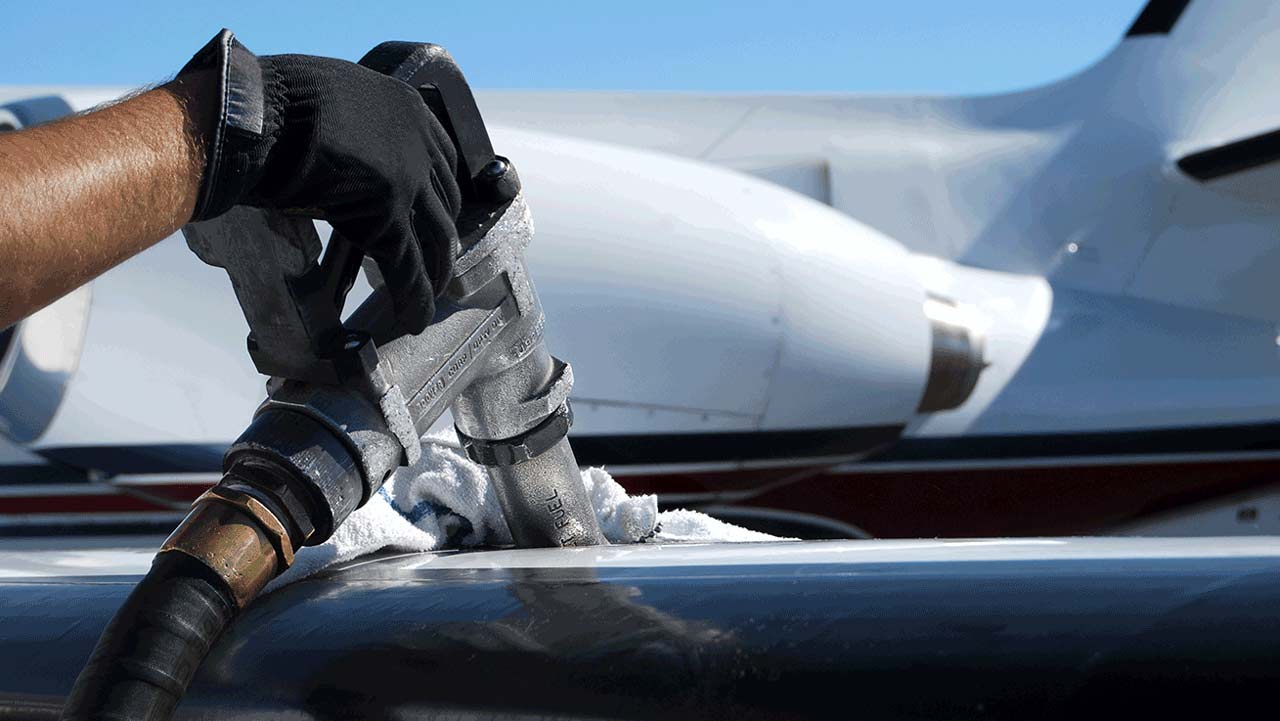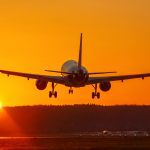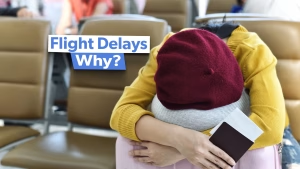Thousands of Nigerian travelers have been left stranded at airports throughout the country because of a massive fuel shortage.
In the past week, more than three airlines reported shortages of aviation fuel, forcing them to reschedule or cancel flights.
Nigeria’s largest carrier, Air Peace, confirmed Wednesday that the shortage will impact on a number of its flights to Dubai and Johannesburg, its major routes.
Its other major airline, Arik Air, also confirmed it will experience many delays from Wednesday and onwards and many domestic flights will have to be canceled if the problem persists.
Nigeria is Africa’s biggest oil producer and exporter but the West African country is forced to depend almost entirely on fuel imports because of its inability to refine most of its oil for use at home.
Vanguard, a local publication, reports that the price of Jet A1, the principal fuel used by airlines, has ranged between 1.39 and 1.44 U.S. dollars per liter in the last few days, compared to the 1.08 price at which it previously sold.
In response, airlines that were able to acquire the fuel and continue operating hiked their ticket costs to cover for the increased charges.
Authorities blamed the scarcity of fuel on the withdrawal of adulterated gasoline, which the West African nation’s national oil company said was found to have been imported by four oil marketers.
Speaking with Vanguard on the cause of the scarcity and current high price, Chief Executive Officer of Cleanserve Energy, Mr Chris Ndule, said the current price of crude oil in the international market had affected the prices of all petroleum products, aviation inclusive.
“It is not only aviation fuel price that has increased, other petroleum products prices have also increased. This is partly due to the current price of crude oil in the international market, which is going for between 110 and 125 U.S. dollars per barrel.”
In the aftermath, the oil regulator has been unable to sustain distribution to retail outlets nationwide.
Outside airports, motorists have also been forced to abandon their cars or pay more to public transport operators following a hike in petrol and diesel prices.
Taxi operators have reported long queues, with some spending multiple hours to acquire the precious commodity.
Reports of brokers have also emerged, as scrupulous dealers sell petrol and diesel to desperate Nigerians for more than triple their usual price.
Despite being Africa’s top crude producer, gasoline shortages are common in Nigeria.
The Nigerian government said a “major investigation to unravel everything” has been launched to resolve the latest crisis.
“We are working very closely with the authority that is entrusted with the responsibility of regulating what is going on. Not only that. We are working with the government security agencies to ensure that products get to the stations and that there are also continuous sales in the stations,” the Director of the Nigerian National Petroleum Corporation (NNPC), Mele Kyari, said last week as he sought to assure the country that the situation was under control.
The NNPC had earlier ordered fuel retailers with the commodities to operate throughout in order to avoid long queues.
Source: CGTN






